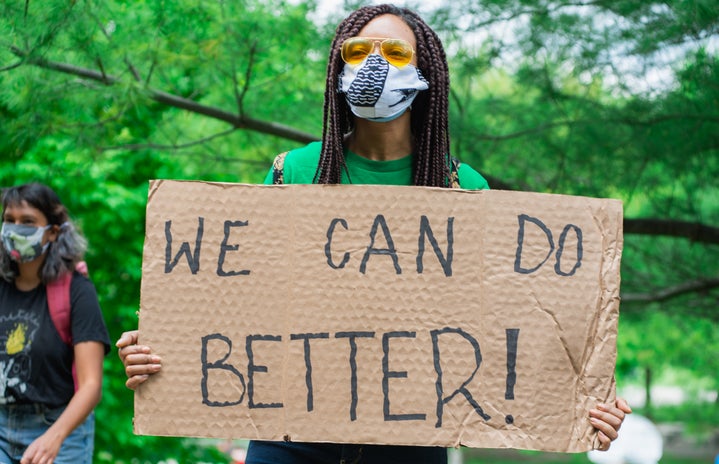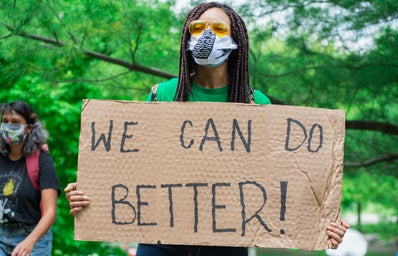What we used to call global warming, now it’s called global boiling. After the European Commission’s World Meteorological Organization and the Copernicus Climate Change Service confirmed that July 2023 would be the hottest month ever recorded in history, UN Secretary General António Guterres said at a press conference that took place on July 27: “The era of global warming has ended; the era of global boiling has arrived. Leaders must lead. No more hesitancy. No more excuses”.
Spoiler: temperature records did not stop there.
In recent months, Brazil has suffered from high temperatures in the middle of winter, an event that caused astonishment in the population. According to Copernicus, September was the hottest month recorded in history, not only in Brazil, but in other parts of the world. The term “unprecedented anomaly” was used by Copernicus to refer to the event.
The reason for this sudden change in temperature it’s global warming and the phenomenon of El Niño.
What is Global Warming?
Global Warming is the term used to refer to the average temperature rise on planet Earth. This event is mainly caused by the excessive release of greenhouse gases into the atmosphere, which cover the earth and retain the heat of the sun.
This imbalance in the climate system can occur by natural processes (such as volcanic eruptions), however, since the 18th century human activities have been the main cause of these changes, mainly because of the burning of fossil fuels (such as coal, oil and natural gas).
Global warming has several impacts that affect climate patterns, such as: more intense storms, prolonged droughts and strong heat waves. In addition, global warming threatens biodiversity, causes species extinction and causes imbalance in ecosystems.
What is the phenomenon of El Niño?
El Niño is a natural phenomenon that causes the abnormal warming of the waters of the Pacific Ocean. Its origin is the west coast of South America, more specifically the territory of Peru. It directly impacts the tropical zones of the planet.
In 2023, El Niño occurred in the Brazilian winter with very strong effects compared to the “traditional”. According to data from the National Center for Monitoring and Warning of Natural Disasters (Cemaden), the phenomenon has stopped the advance of the cold front.
How to help combat climate change?
Well, it is clear that the climate change behavior of the planet is increasingly worrying, abnormal and scary. And the tendency is to get worse.
Humanity cannot go back in time and try to reverse the situation, changing the patterns of production and consumption that have built and reverberate until today. But there are a few things you can do to help fight climate change. Here are some ideas:
- Recycling electronic waste
Recycling old electronics can help reduce greenhouse gas emissions, recover precious materials and prevent environmental contamination.
- Walk, ride and use public transport whenever you can
Doing this, you can help reduce greenhouse gas emissions and consequently global warming.
- Produce less waste
Avoid buying products with many packaging and prefer recyclable packaging. This practice contributes to the reduction of the greenhouse effect.
- Save energy at home
You can switch to LED lamps and energy efficient electrical appliances, wash clothes with cold water and hang clothes on clothesline instead of using a dryer.
- Waste less food
When food rots in landfills, it produces methane gas, which contributes to the greenhouse effect. Avoid it!
———————-
The article below was edited by Fernanda de Andrade Silva.
Liked this type of content? Check out Her Campus Cásper Líbero for more!


